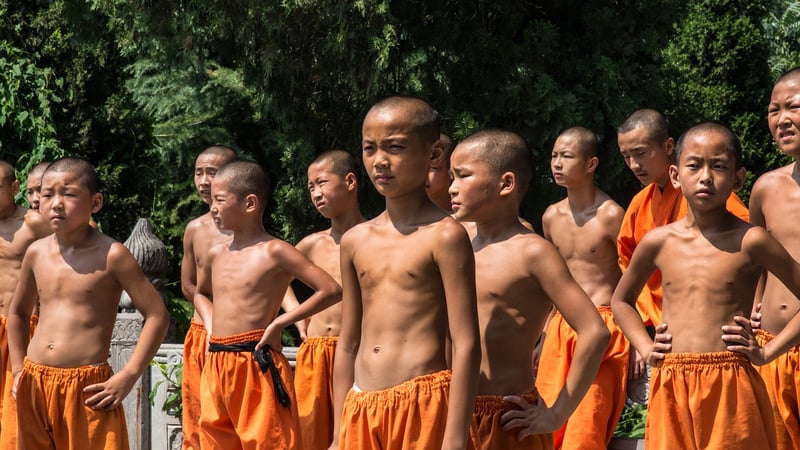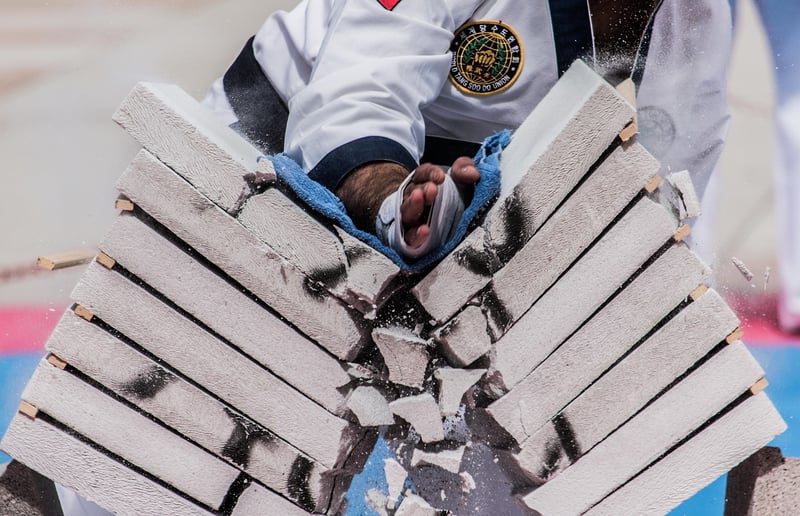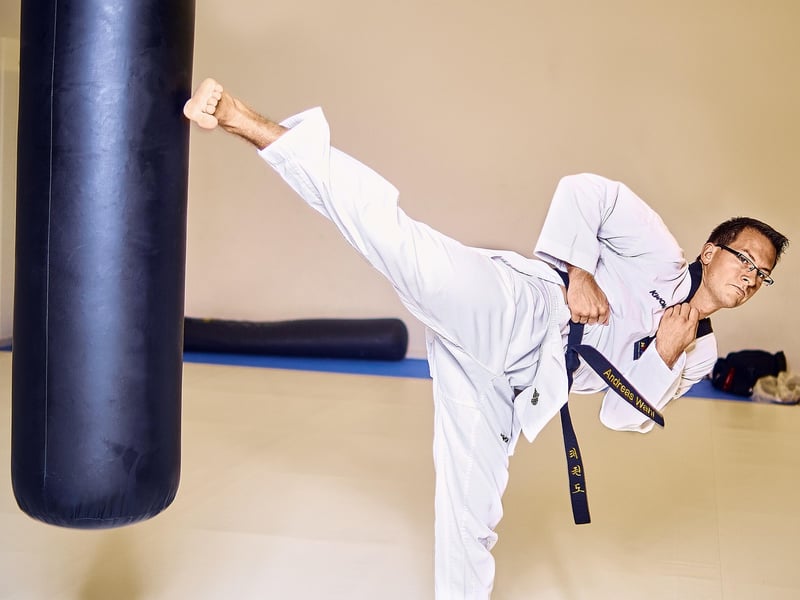Kung Fu
The Art of Self-Defense: Exploring Kung Fu and Other Disciplines
Self-defense is a crucial skill in today's world, empowering individuals to protect themselves in various situations. One of the oldest and most renowned self-defense disciplines is Kung Fu, a traditional Chinese martial art known for its diverse techniques and rich history.
What is Kung Fu?
Kung Fu, also known as Chinese martial arts, encompasses a wide range of fighting styles and techniques. It emphasizes both physical and mental strength, promoting discipline, respect, and self-improvement. Kung Fu practitioners learn various forms, strikes, kicks, and defensive maneuvers to defend themselves effectively.
Benefits of Learning Kung Fu
- Improved physical fitness and flexibility
- Enhanced self-confidence and self-discipline
- Increased focus and concentration
- Stress relief and mental clarity
- Effective self-defense skills
Other Self-Defense Disciplines
While Kung Fu is a popular choice for self-defense training, there are various other disciplines that individuals can explore:
1. Krav Maga
Krav Maga is a practical and effective self-defense system developed for the Israeli military. It focuses on real-world situations and teaches students how to defend against armed and unarmed attackers.
2. Brazilian Jiu-Jitsu
Known for its grappling and ground fighting techniques, Brazilian Jiu-Jitsu is highly effective for self-defense, especially in close combat scenarios. It emphasizes leverage and technique over brute strength.
3. Taekwondo
Originating from Korea, Taekwondo is a striking martial art that emphasizes powerful kicks and punches. It promotes physical fitness, mental strength, and self-discipline.
Conclusion
Whether you choose to learn Kung Fu, Krav Maga, Brazilian Jiu-Jitsu, or Taekwondo, practicing a self-defense discipline can significantly benefit your physical and mental well-being. By honing your skills and knowledge in these martial arts, you can equip yourself with the tools necessary to protect yourself and others in challenging situations.




